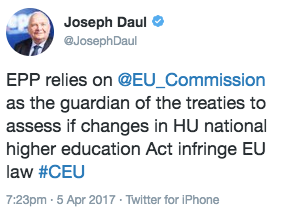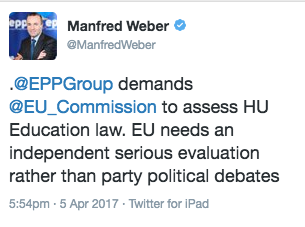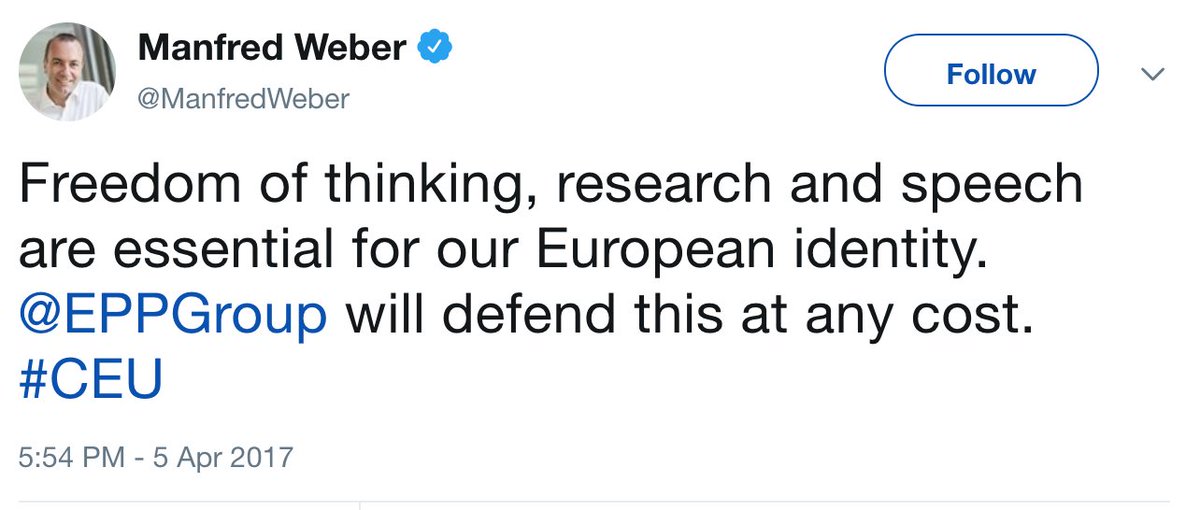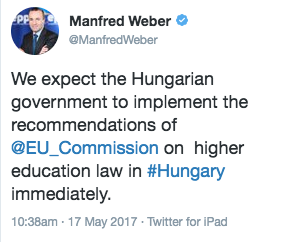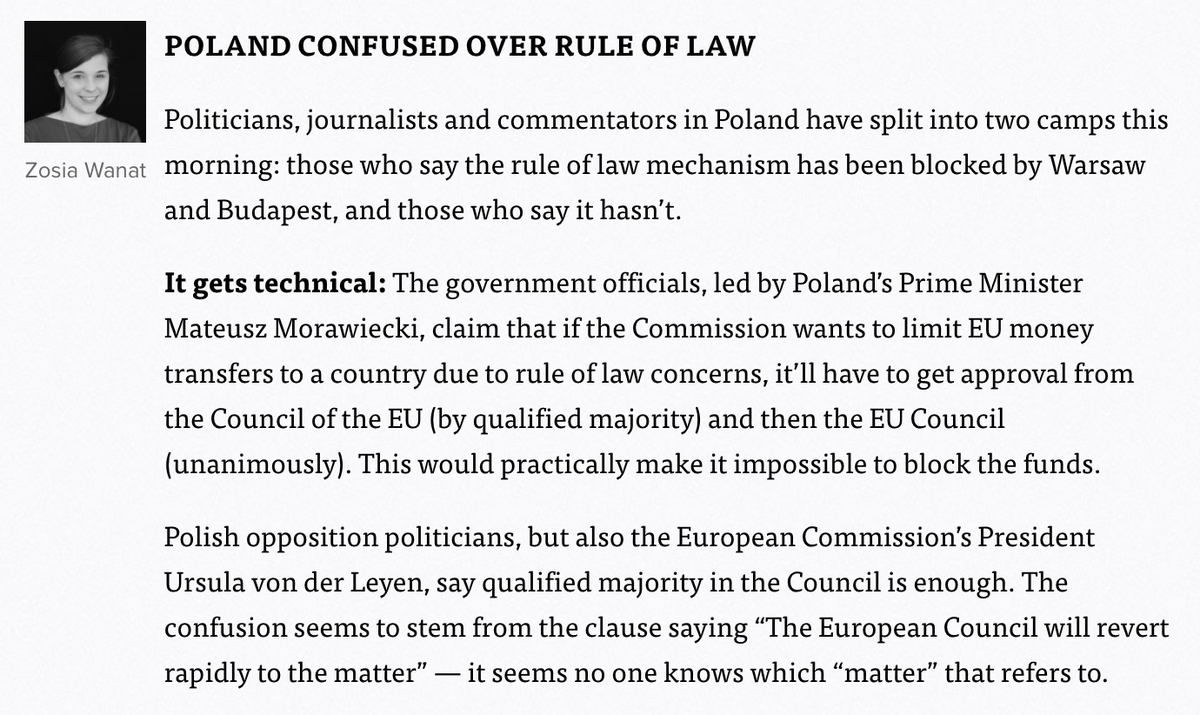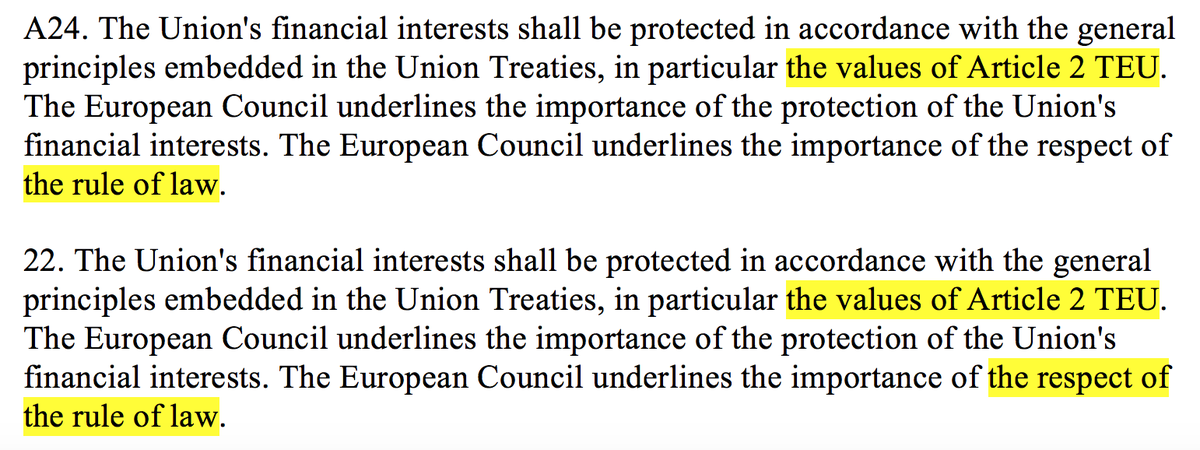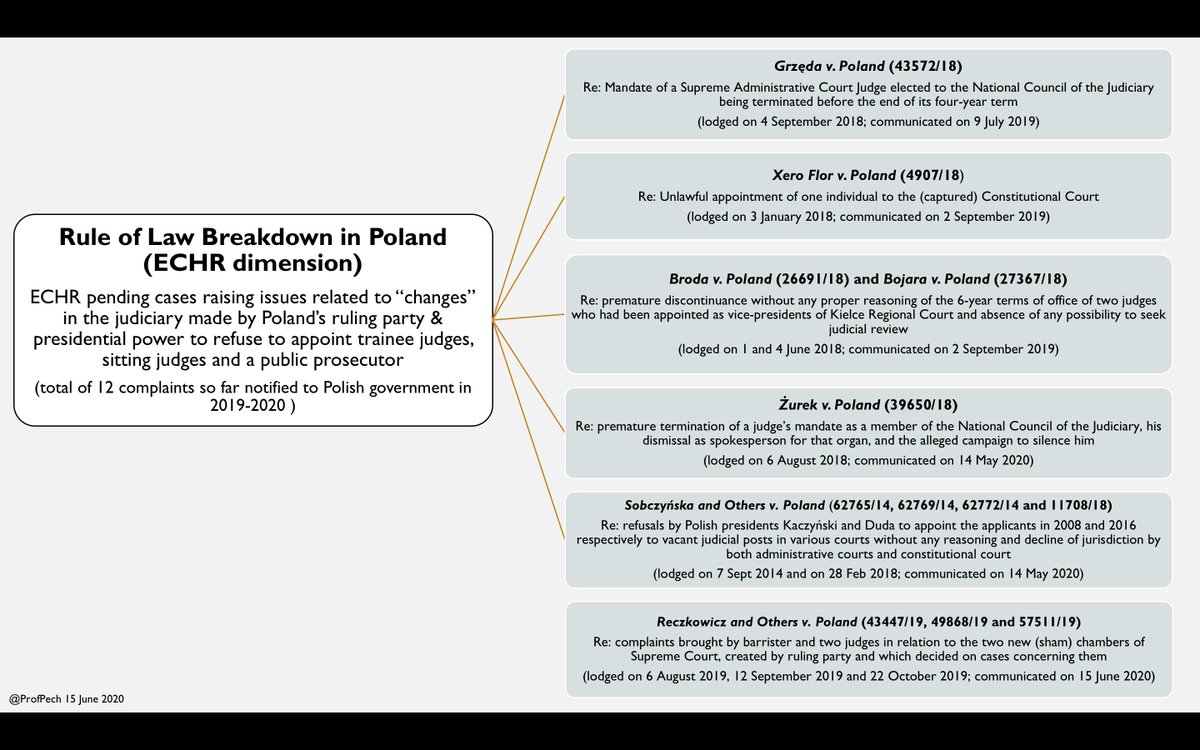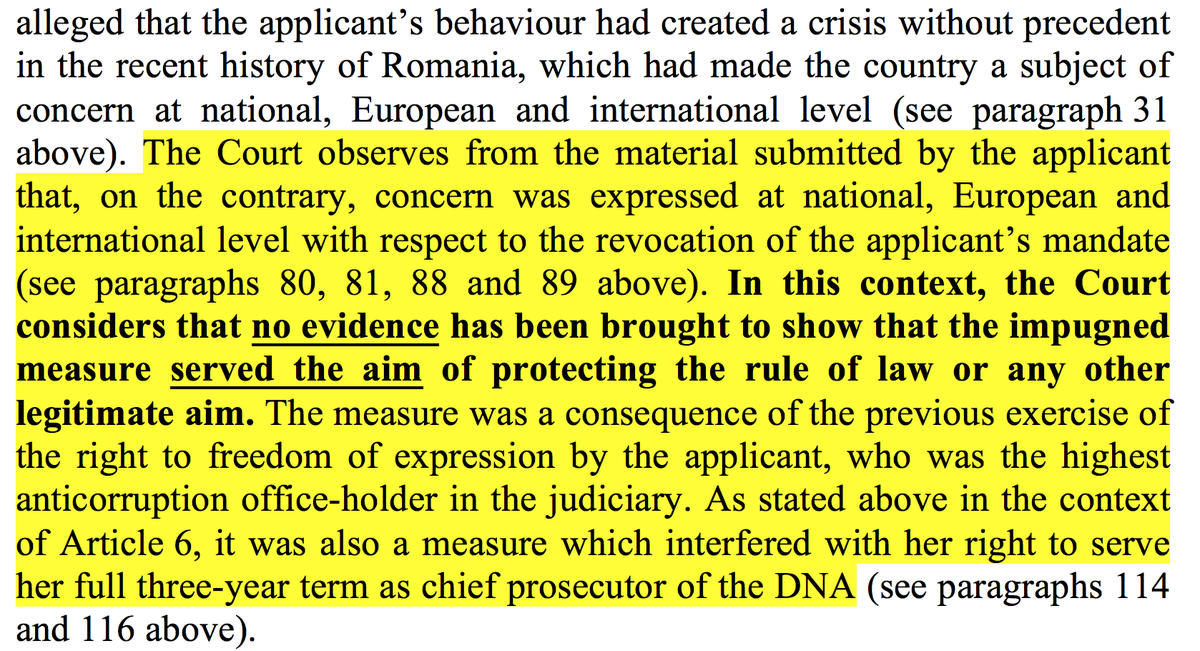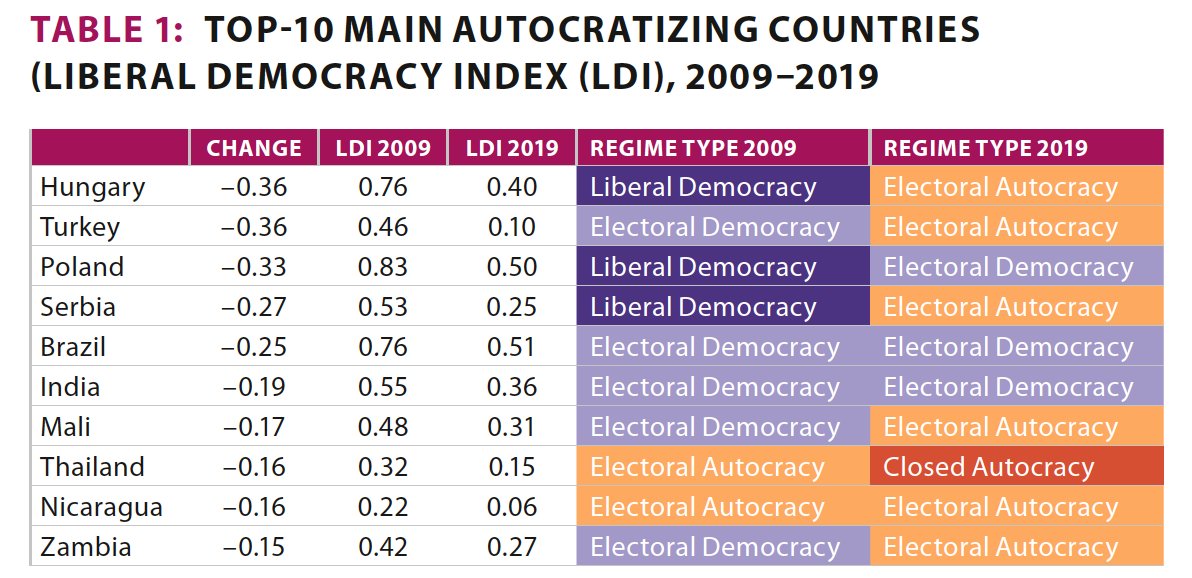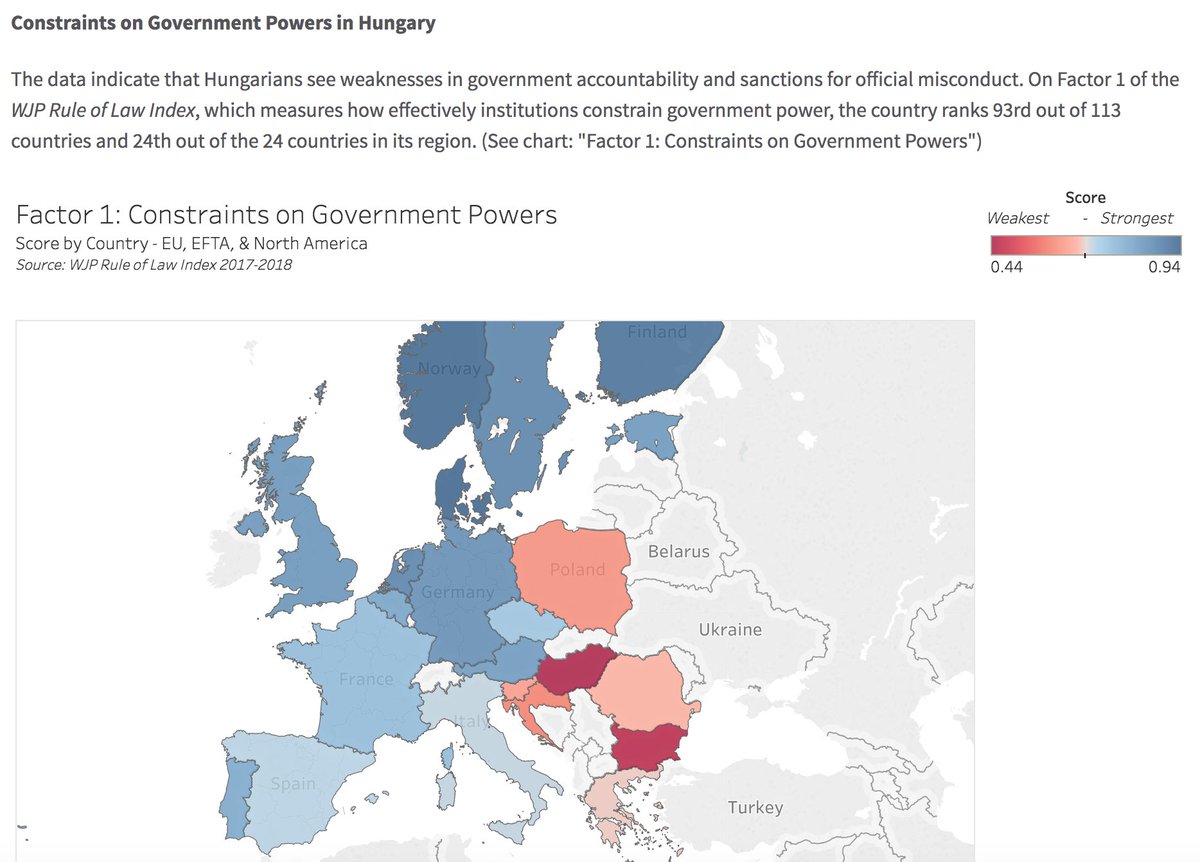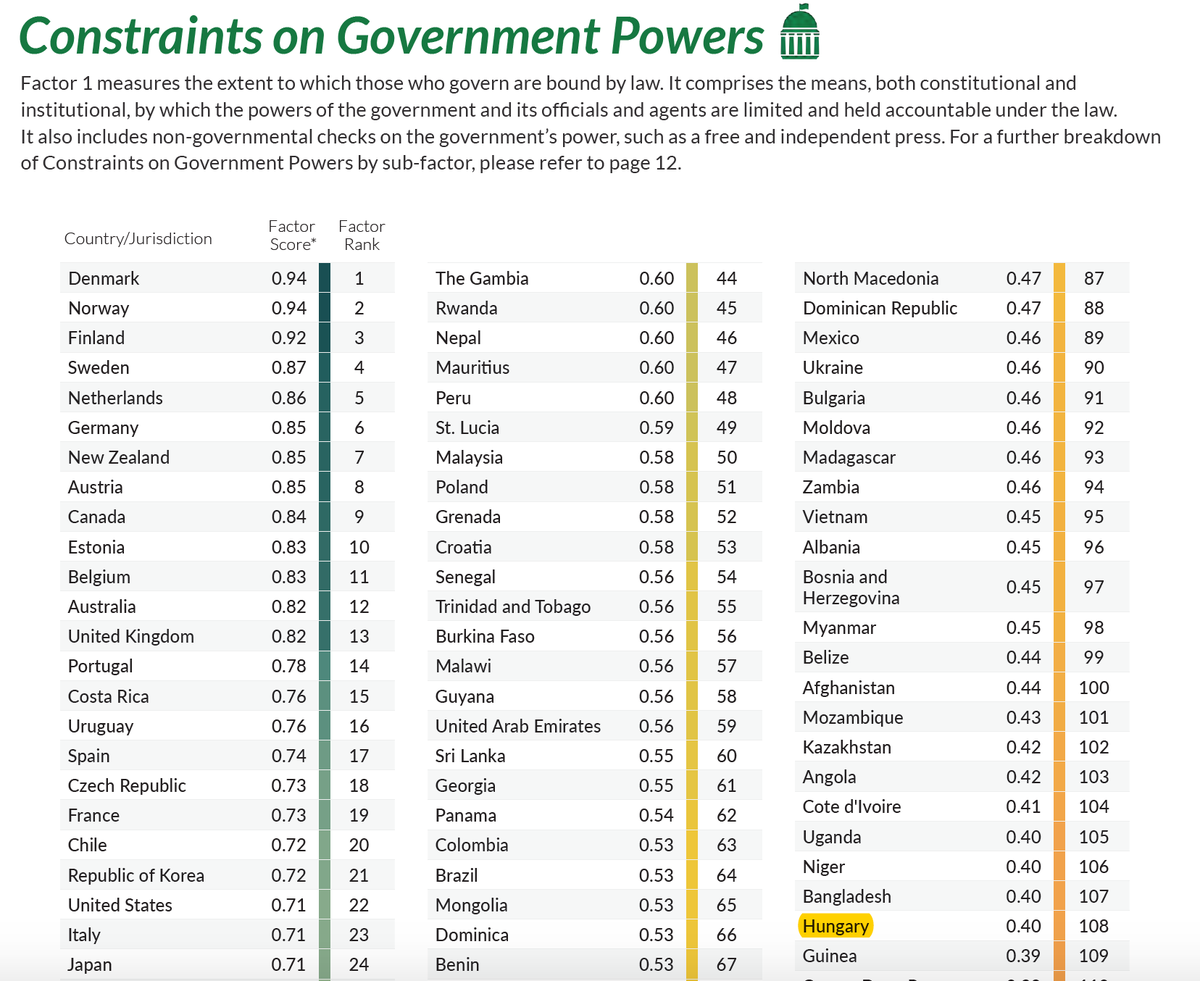
This is a great post by @ADimitrovs on new but not adopted yet #RuleofLaw conditionality mechanism & EU budget. Have just finished myself reading the 20,372 words of trilogue "4-column" doc re this latest likely addition to EU's toolbox. My first reaction assessment in 🧵 below
https://twitter.com/EulawLive/status/1324613243634126848
Title of not yet adopted Regulation (at @EUCouncil's insistence) no longer mentions #ruleoflaw & concept of "generalised deficiencies" with reference instead to "a general regime of conditionality". Cosmetic rebranding to assuage autocrats or bad omen? Let’s continue to find out 
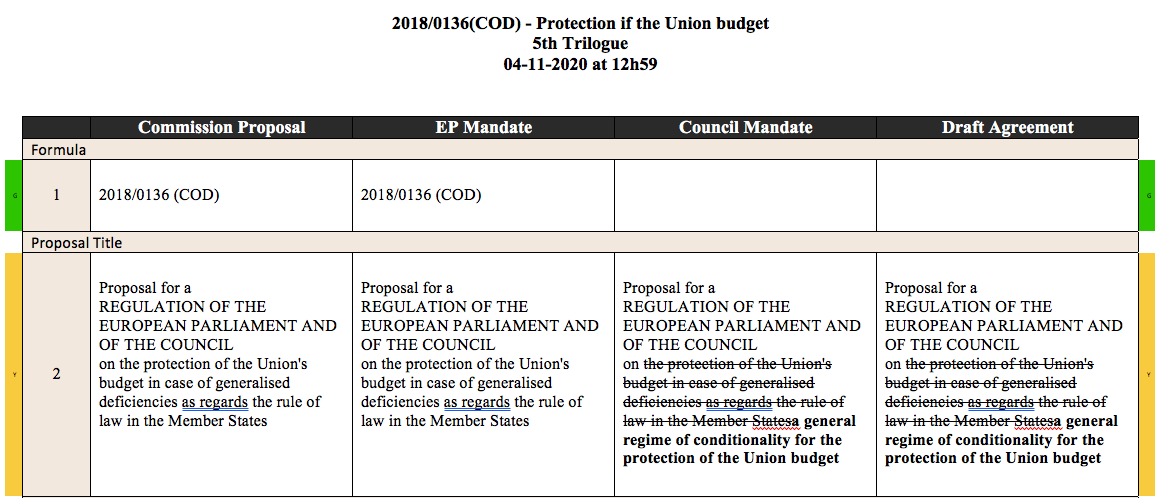
Article 1 (subject matter): surprise! the rule of law is back BUT “breaches” have replaced “generalised deficiencies” (again at Council’s insistence) = deliberate attempt to force Commission to not see the wood for the trees… 

Silver lining: thanks to EP, potential damage from Council’s deliberately narrow focus has been salvaged by making clear that “widespread” breaches + breaches due to “recurrent practice or omissions” can also be caught by new tool YET this is to be found in non-binding recital 
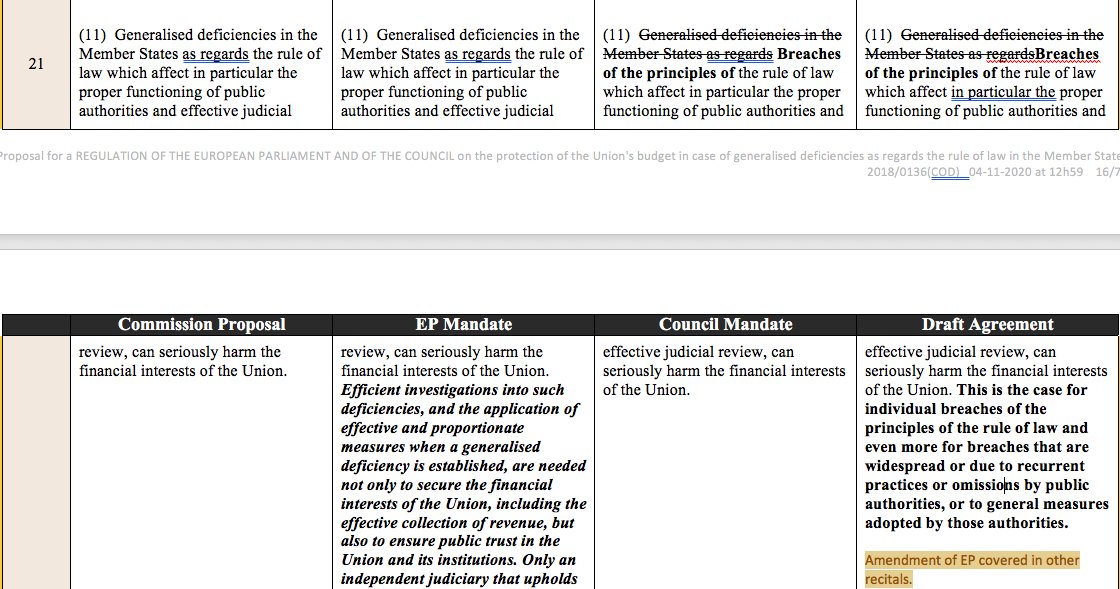
Article 2 (definitions): Commission’s definition of the rule of law which codifies the ECJ’s case law is maintained with some improvements (not however 1st time we see rule of law defined in EU secondary law despite nonsense you hear from autocrats & would be autocrats) 
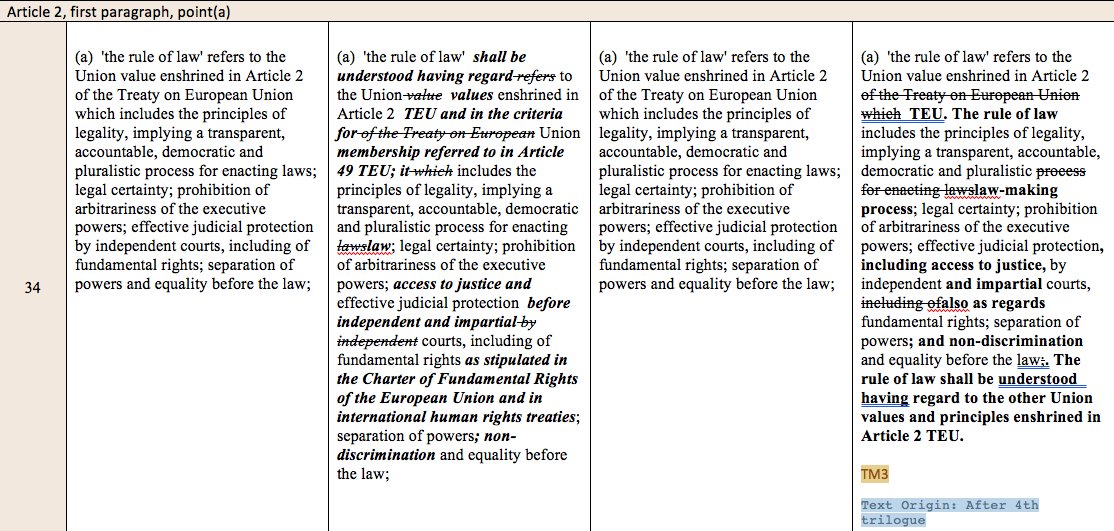
Miscellaneous but also positive: references in recitals to the need to assess judicial independence not only on the books but also in practice + @VeniceComm’s rule of law checklist (1st ever mention in an instrument of EU secondary law TBOMK), importance of the rule of law, etc. 
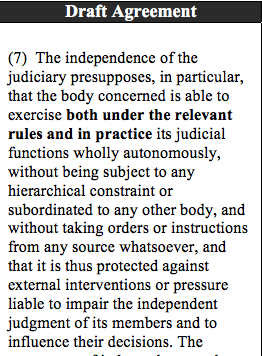
Article 2a (examples): Yet another area of EP’s very good work as EP forced reintroduction of non-exhaustive list of examples which “may be indicative of breaches" of the rule of law BUT NB this is *not* enough to i.a. suspend funding in itself as additional test to satisfy 
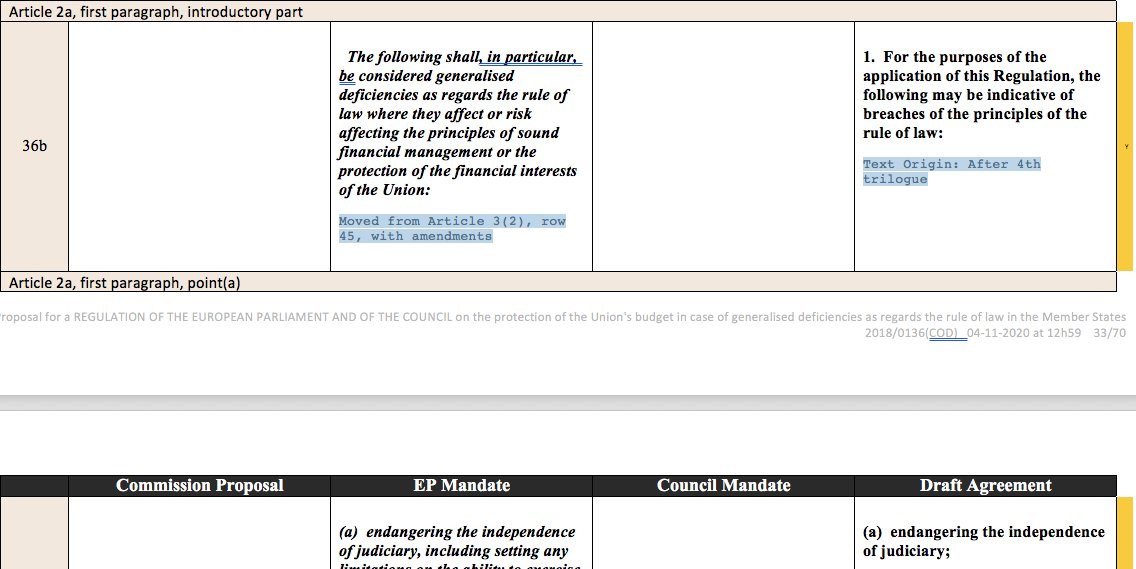
Article 3 (test): moved from “affects or risks affecting” EU budget/EU financial interests to “affect in a sufficiently direct way” to “affect or seriously risk affecting … *in a sufficiently direct way*”. Crucial aspect I will return to but first let's check Article 4 
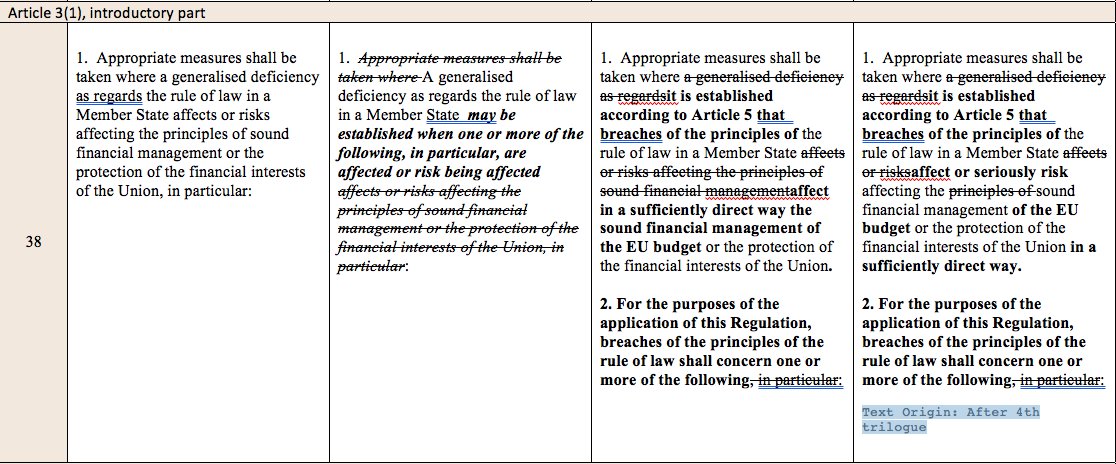
Article 4 (measures to be adopted): Plenty of positive improvements thanks to EP re protection of final recipients + clarification re measures to be adopted must reflect nature/gravity/scope of breaches + duration (new). Only “cumulative effect” is missing IMO
Article 5 (sources/procedure): Positive inclusion of different deadlines imposed on key actors to avoid procrastination
Negative side: reverse QMV is gone + European Council’s emergency brake is maintained YET not impossible to obtain QMV + brake = time limited discussion
Negative side: reverse QMV is gone + European Council’s emergency brake is maintained YET not impossible to obtain QMV + brake = time limited discussion
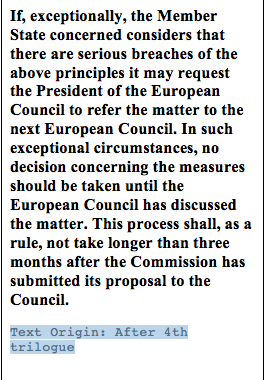
Bottom line: most negative aspect/crux of matter is Art 3 test = previous probatio diabolica been made less “diabolical” by EP’s introd of “seriously risk” (= potential negative impact enough) BUT “sufficiently direct way” remains + “breaches” must concern specific authorities 
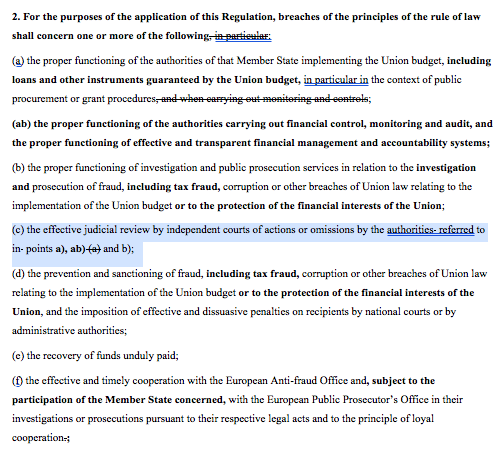
Notions of "proper functioning" & "sufficiently direct way", if interpreted narrowly, will seriously limit scope of new tool. Yet, Poland's disciplinary regime for judges & Hungarian authorities' failure to investigate/sanction high level corruption cases should pass the test IMO 

Also, on positive side, complementary nature of new conditionality tool has been made clear by EP = Commission can/must use infringement actions re breaches of rule of law not caught by new tool + ask ECJ for financial sanctions re non compliance with ECJ rulings under 260 TFEU 
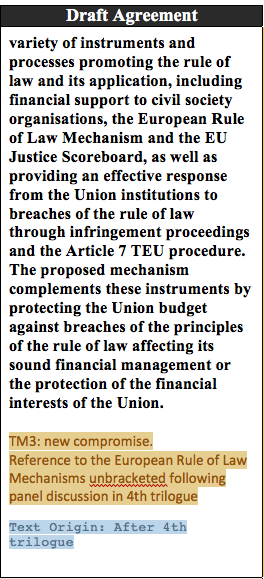
Overall verdict: Not as bad as I feared thanks to EP with Art 3 test still workable *if not made unworkable* by narrow interpretation + first explicit linkage linkage between RoL/Art 2 TEU & EU budget the lack of which has been used by Commission to justify inaction in the past
Main short term possible positive impact: EU might finally refocus on enforcement rather than focusing on nuts & bolts of this tool which arguably was not technically needed: verfassungsblog.de/how-to-stop-fu… That said I understand Comm’s (political) need for explicit/transversal Reg here
Personal prediction (hope to be wrong): Will VDL Commission make any use of new tool? Don’t hold your breath… & instead expect HU and PL govs to bring annulment action with VDL Comm to use legal action as a convenient excuse not to use mechanism until ECJ ruling on the merits...
In the meantime let’s hope Comm rediscover Art 260 TFEU to financially sanction e.g. Orban’s lack of compliance with ECJ rulings & use Art 258 procedure *proactively* instead of seemingly focusing on reporting violations of #ruleoflaw over enforcing rule of law requirements (end)
• • •
Missing some Tweet in this thread? You can try to
force a refresh


